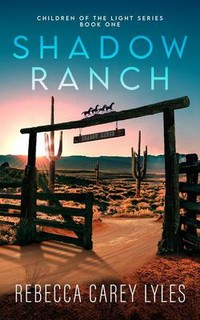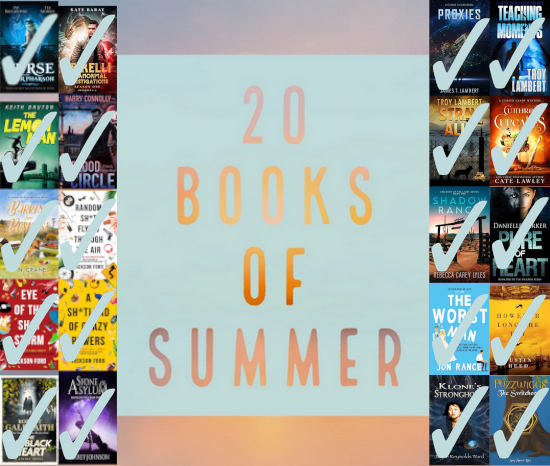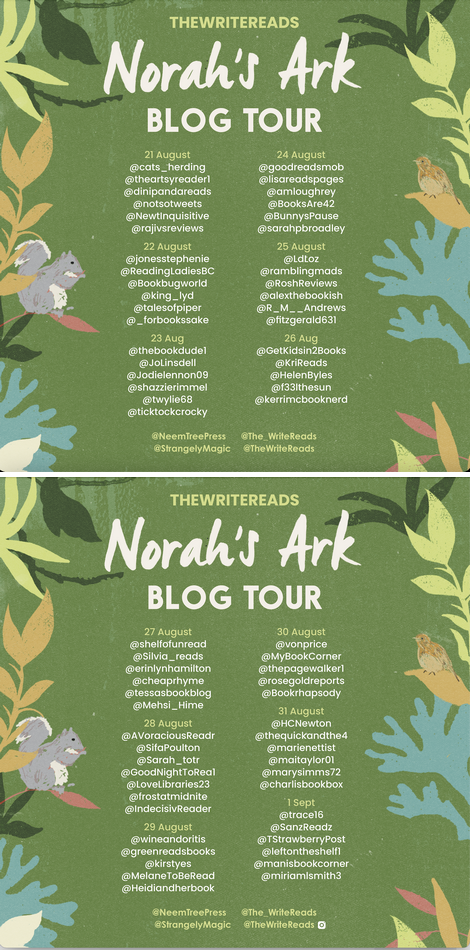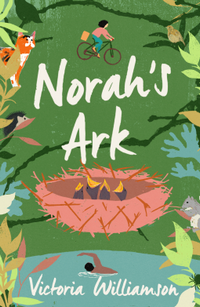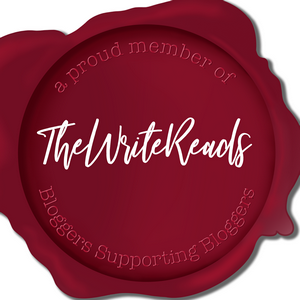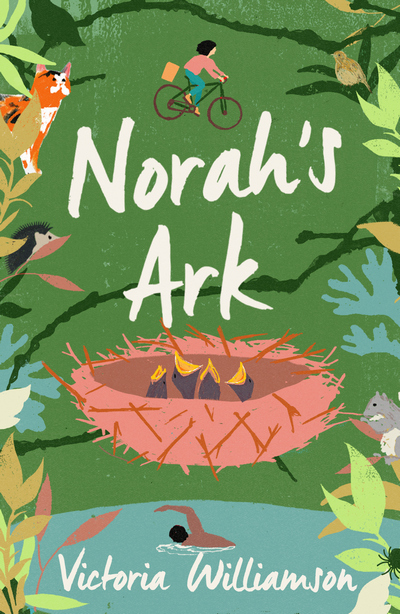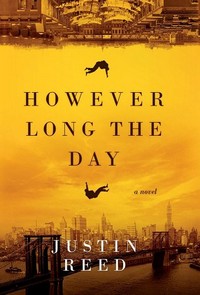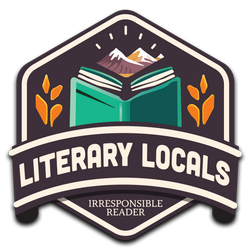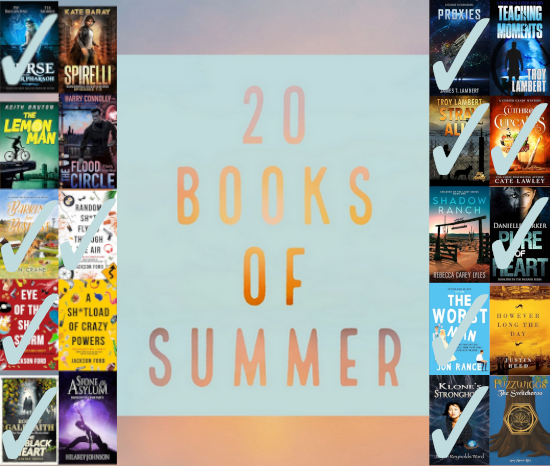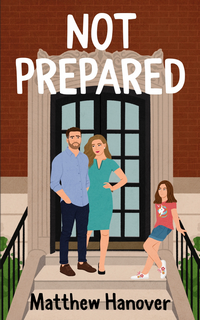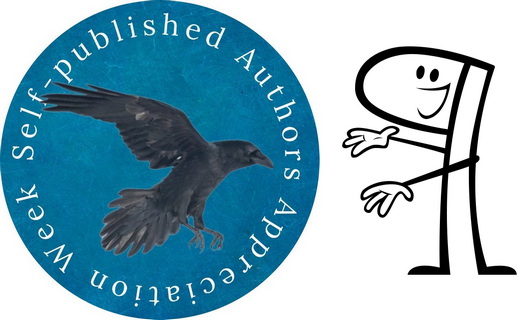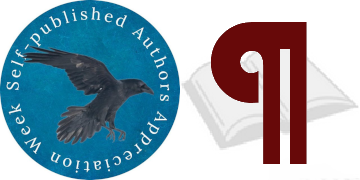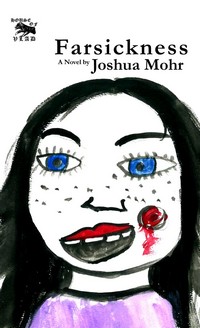 Farsickness
Farsickness
by Joshua Mohr
DETAILS: Publisher: House of Vlad Press Format: eARC Length: 140 pgs. Read Date: September 8-9, 2023

A Quick Vocabulary Lesson
Leave it to our Teutonic friends to have a word for every occasion—in this case, we’re talking about “Fernweh.” Briefly, it’s the opposite of homesickness. It’s a longing for a far-off place, a farsickness. Not necessarily a particular place, but frequently it is one. The desire to travel would be another way to put it.
What’s Farsickness About?
Hal—he doesn’t really remember much about himself beyond his name—is hearing a voice inside his head. A voice telling him to go home. To go to Scotland (a place Hal doesn’t think he’s ever been, so how is it home?), to a particular castle there. Hal decides to call this voice “Fern” (from Fernweh, in case it wasn’t clear why I started talking about it) and does what Fern tells him to. Hal asks a lot of questions, only some of which get answers.
Then like Dante with Virgil, Christian with Evangelist (and others), Hal is taken on a journey once he gets off the plane in Scotland that is so strange, so fraught with peril and symbolism, and the difficult to explain, that I’m not going to bother trying. But in the end, Hal is taken on the journey to the places he’s really longing for.
So, what did I think about Farsickness?
The writing here—regardless what you think of what and who Mohr’s writing about—is worth your time. He’s got some of the nicest, most evocative phrases and sentences I’ve come across this year. They can make you grin until you remember he’s describing something horrible (or just plain weird). I think some passages would be great to read aloud—or listen to—just because of the sounds. There’s a scene of a submarine sinking, for example, it was a pure pleasure to read, the imagery was fantastic, it was a little funny, the vocabulary was vivid—and yet, it was about a manned vehicle going down. I tell you what, Tom Clancy, couldn’t have done it better (and he’d have taken multiple pages rather than the very tight paragraph or two Mohr used)—or as well.
I only have an ARC, so I’m not going to quote from it, just in case something changed—so you don’t get samples, but I’m telling you, it’s great. Think Lance Olsen, Mark Richard, or (because those names are likely too obscure) a decaffeinated Mark Leyner, and you’re on the right track. Kind of.
I’m clearly having trouble talking about that, so let’s move on to the who and what.
The more I think about it (and I’ve spent longer on it than I anticipated), I don’t know that Hal actually had fernweh. I think it’s something else—or we’re talking a metaphorical other place he wants to go. Or he thought he had fernweh, but was mistaken/confused/deceived. And…ugh. it’s hard to talk about what I’m trying to say without a lot of citations and deep-diving. It’s just something to think about as you read, I guess—”is ‘fernweh’ an appropriate term?” I actually think it adds another layer or three to things if Hal wasn’t feeling that after all. Not that it’s a bad or misleading title. I’m just wondering if we need to ponder it a while.
I’m also tempted to say that I’m overthinking things. But I’m reasonably sure that Mohr wouldn’t agree that I was.
(this would be so much easier to talk about if you had all read the book already. Why don’t you all agree to go read it right now and come back in 140 pages or so to read the rest of my post about why you should read it? Yeah…there’s something about that proposal that doesn’t work.)
Farsickness is one of those books that will tempt you almost immediately to try and figure out “what’s really going on,” to dive into the symbolism and other figurative representations to get to the bottom of things. I’d encourage you not to, just let Mohr and Hal take you along this surreal exploration of parts unknown (or are they?). Just let it unfold—relatively quickly you’ll start to think, “Oh, this is about ____.” Not long after that, you’ll know, “this is about ____.” Then you’ll start to see why it’s about ____, and why it matters. And everything you wondered about at the beginning will make utter sense. Then you’ll get some resolution to the story. Yeah, you could suss it out early on if you set your mind to it—but I think it’s a more satisfying experience (at least with this novel), if you let Mohr do the work.
Also, that approach lets you soak in and enjoy the very peculiar characters and imagery. Both of those deserve discussions of 500-1000 words a piece, but I’m not the writer to provide that.
There’s a pretty simple—and heart-tugging and sweet—story at the center of all this. But the 3+ licks to get to that Tootsie Roll center are enjoyable in their own way—and might do a little heart-tugging of their own. Yes, that candy shell is about trauma, healing, violence, forgiveness, and horror. But it’s not presented in a way that will make it too difficult to read. Like Hal, I didn’t know where I’d end up when I started the journey through Farsickness and I ended up far away from where I started—but it was absolutely worth the time (actually, it’d have been worth longer than it took, too).
This is no straightforward narrative, but the prose isn’t terribly dense and is fairly effortless to get through. After a few pages, you won’t notice it at all, Mohr will have sucked you into his absurd little reality and you’ll be turning pages like this is a thriller. I don’t know that I’d have gone out of my way for this (particularly with the cover), but I’m very glad Farsickness came across my path, and I wager you will be, too, if you give it a chance.
Disclaimer: I received this eARC from the author and Lori Hettler of The Next Best Book Club in exchange for this post—thanks to both for this.

This post contains an affiliate link. If you purchase from it, I will get a small commission at no additional cost to you. As always, the opinions expressed are my own.
![]()



